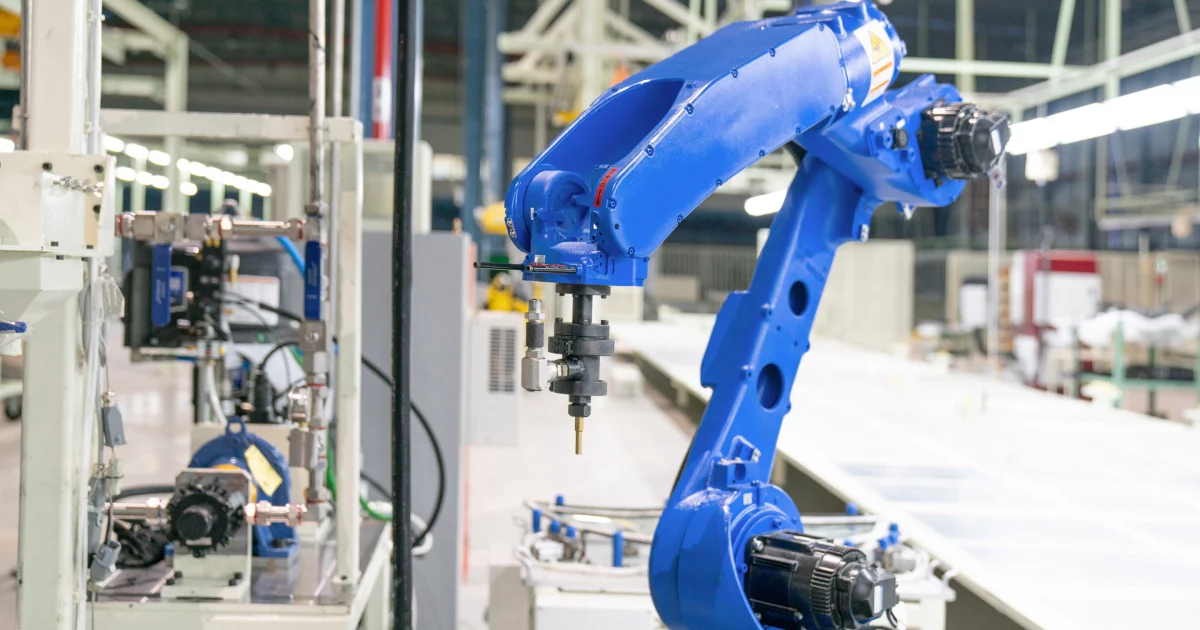Rise by Six: Your Daily Dose of Inspiration
Explore insights and stories that elevate your day.
Why Robots Could Be Your Next Best Friends
Discover how robots can enhance your life and become your new best friends—unlock companionship and convenience like never before!
The Rise of Robotic Companions: How They Enhance Our Lives
The emergence of robotic companions has transformed the way we interact with technology, bringing an array of benefits that enrich our daily experiences. These advanced machines are not just tools for performing tasks; they have become integral parts of our social fabric. From personal assistants like Amazon Alexa to more sophisticated robots like social care robots, these companions enhance our lives by providing support in areas such as communication, companionship, and even emotional well-being. Their ability to engage in conversations, learn from user interactions, and adapt to individual preferences makes them invaluable as we increasingly seek connections in an often-isolated digital world.
Moreover, robotic companions play a crucial role in addressing specific needs within various demographics, particularly the elderly and individuals with disabilities. By assisting with daily activities, offering reminders for medication, and facilitating social interactions, these robots significantly enhance quality of life. Research shows that caring for a robotic companion can also bolster mental health by reducing feelings of loneliness and depression. As technology continues to evolve, the integration of robotics into our lives is likely to grow, ushering in an era where the synergy between humans and robots paves the way for a more connected and supportive future.

Top 5 Reasons Robots Might Be Your Ideal Friends
In today's technologically advanced world, the idea of having robots as friends is becoming increasingly feasible. One of the top reasons is their ability to provide unconditional support. Robots can be programmed to offer companionship and understand emotional cues, making them ideal for those who may feel lonely or isolated. These mechanical allies can engage in conversations, play games, or simply be there to listen, fostering a sense of connection that can sometimes be lacking in human relationships.
Another compelling reason to consider robots as ideal friends is their reliability. Robots do not experience mood swings, they can consistently offer help or companionship without the unpredictability often associated with human interactions. Whether it's a home assistant helping you with chores or a robotic pet providing affection and entertainment, their dependable nature can lead to a stable and enjoyable friendship. As we embrace this new wave of technology, it's clear that robots might just be the perfect companions for people of all ages.
Can Robots Understand Human Emotions?
The question of whether robots can understand human emotions is a complex one that delves into the fields of artificial intelligence and emotional intelligence. As technology advances, researchers are developing algorithms that allow robots to recognize and respond to emotional cues such as facial expressions, tone of voice, and body language. This capability raises intriguing possibilities for applications in healthcare, customer service, and personal companionship, where understanding human emotions is crucial for effective interaction.
However, it is essential to differentiate between genuine emotional understanding and mere simulation. While robots can be programmed to recognize and replicate emotional responses, this does not equate to true understanding. For instance, a robot might be able to identify when a person is smiling or frowning, but it does not experience emotions itself. As we explore the potential of robotics in emotional contexts, we must consider the ethical implications and the limitations of technology in replicating the depth of human emotional experience.